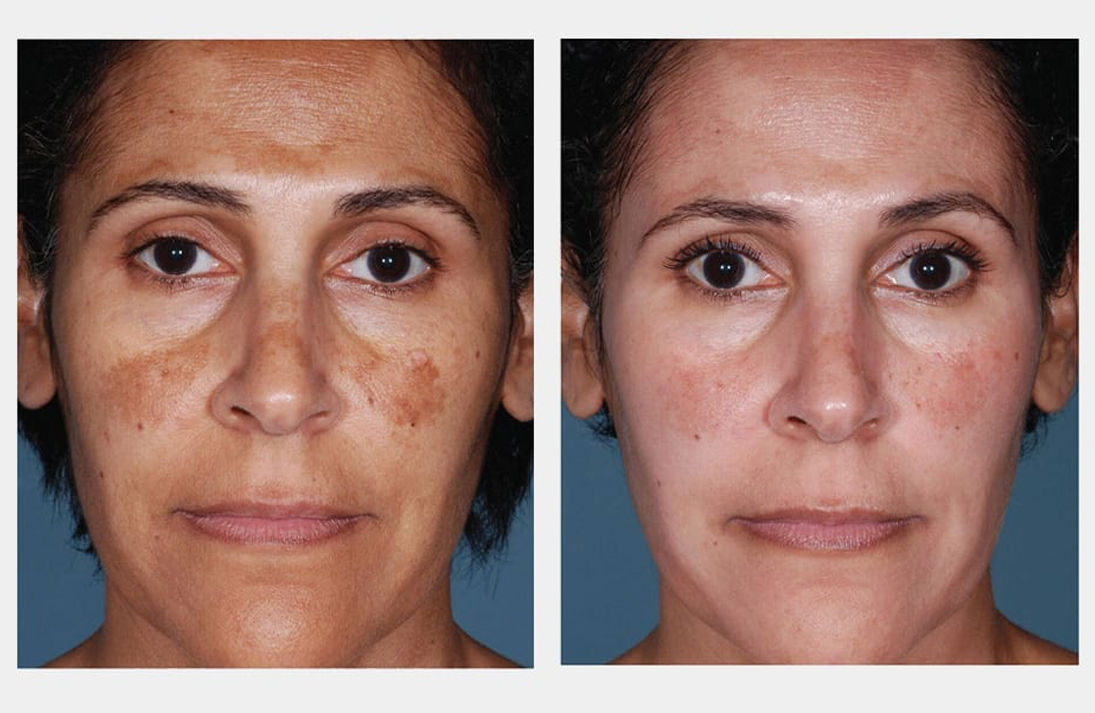You should consider seeing a skin specialist, also known as a dermatologist, in the following situations:
1. Persistent Skin Issues: If you have a skin problem that hasn’t improved with over-the-counter treatments or has persisted for an extended period, it’s a good time to see a dermatologist. This includes issues like acne, rashes, eczema, and psoriasis.
2. Suspicious Moles or Growth: If you notice any changes in the size, shape, color, or texture of a mole, or if you have a mole that looks different from others, it’s important to get it checked by a dermatologist. Suspicious moles could be a sign of skin cancer.
3. Skin Cancer Screening: Regular skin cancer screenings are recommended, especially if you have a history of sun exposure, a family history of skin cancer, or if you’ve had skin cancer before.
4. Hair and Scalp Issues: If you’re experiencing significant hair loss, thinning, or changes in your hair’s texture, a dermatologist can diagnose the cause and recommend appropriate treatments.
5. Nail Problems: If you have persistent issues with your nails such as discoloration, thickening, or changes in shape, a dermatologist can help determine the cause and provide treatment.
6. Chronic Skin Conditions: Chronic conditions like rosacea, psoriasis, or eczema may require ongoing management and monitoring by a dermatologist.
7. Skin Infections: If you have a skin infection that isn’t responding to over-the-counter treatments or is spreading, it’s time to see a dermatologist for proper diagnosis and treatment.
8. Cosmetic Concerns: If you’re interested in cosmetic treatments such as Botox, dermal fillers, or laser procedures to improve the appearance of your skin, a dermatologist can provide guidance and perform these procedures safely.
9. Preventive Care: Regular visits to a dermatologist can also help with preventive care. They can provide guidance on how to protect your skin from sun damage, identify early signs of skin issues, and recommend skincare routines.
10. Unexplained Itching or Discomfort: If you’re experiencing persistent itching, discomfort, or pain on your skin, it’s worth consulting a dermatologist to determine the underlying cause.
11. Skin Allergies or Sensitivities: If you’re unsure about what’s causing an allergic reaction on your skin or if you’re having unexplained skin sensitivities, a dermatologist can help identify triggers and provide solutions.
12. Changing Skin Appearance with Age: As you age, your skin may go through changes. A dermatologist can offer advice on maintaining healthy and vibrant skin as you get older.
Remember, dermatologists are specialized doctors who can diagnose and treat a wide range of skin-related issues. than Consult Dr. Deepam Shah practising at Viva Aesthetic Clinic as he is considered the Best Dermatologist in South Mumbai.




